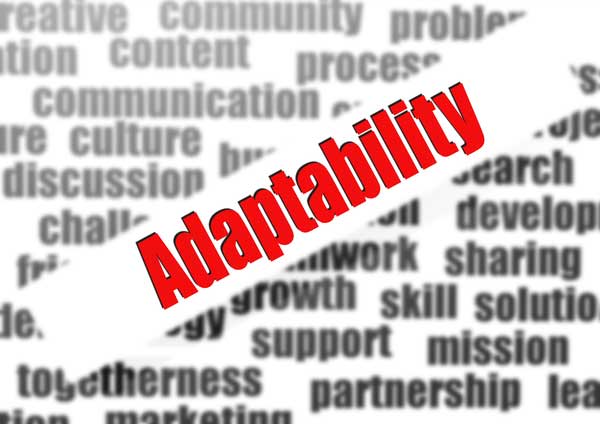We live in a world that is changing at an exponential rate. New technologies are emerging constantly, geopolitics are shifting, and even our personal relationships and family dynamics seem to be in flux. To thrive in this environment, we need to focus on developing our adaptability. My goal in this article is to provide actionable tips to improve your adaptability quotient (AQ) so you can embrace change confidently.

Assessing Startup Founders’ AQ Provides Insights for Us All
As a tech investor, I met 273 startup founders last year, all looking for funding. To determine who had the most potential for success, I assessed their adaptability quotient (AQ) – how well they react to change – rather than intelligence (IQ) or emotional intelligence (EQ). This methodology of focusing primarily on adaptability provides useful insights not just for founders but for all of us.
The rate of technological innovation means our brains have to constantly react and adapt. Whether it’s new automation affecting jobs, globalization, or personal relationships, the amount of change we face is unparalleled in history. So how can we measure and improve our AQ? Here are three techniques I use when evaluating startup founders.
Simulate “What If” Scenarios to Strengthen Your Adaptability
Instead of asking founders about their background or past achievements, I like to ask “what if” questions. What if your main revenue stream disappeared overnight? What if a heatwave kept all your customers away? This forces them to envision multiple futures and flex their adaptability muscles.
Practicing simulations is a safe way to improve your AQ. Rather than testing how you retain info like an IQ test, it evaluates how you manipulate information to achieve goals within constraints. Envisioning varied scenarios will boost your ability to adapt when change hits.
Actively “Unlearn” to Rid Yourself of Outdated Notions
I look for signs of “unlearning” – challenging presumed knowledge by overriding it with new data. It’s like a mental disk cleanup. For example, Destin Sandlin reprogrammed his bike to turn left when steered right. Unlearning to ride a normal bike improved his adaptability, showing it’s not fixed but can be enhanced.
On the final page of his autobiography, Gandhi sought to “reduce himself to zero”, returning to a beginner’s mindset by unlearning. Adopting this growth mindset of being willing to unlearn old notions and replace them is key to raising your AQ.
Infuse Exploration Into Life and Business
I assess founders’ tendency to explore rather than merely exploit existing advantages. There’s natural tension between exploring new areas and exploiting current successes, and we tend to overvalue the latter.
Consider Blockbuster’s CEO laughing Netflix’s CEO out of a partnership meeting in 2000 due to their existing customer base and stores. By focusing too much on exploitation, Blockbuster missed the next wave and went bankrupt in 2010. Avoid falling in love with your wins; proactively seek what might defeat you next.
Improving Your AQ Takes Time and Practice
Remember, adaptability is like a muscle requiring exercise over time. Destin Sandlin took eight months to (sort of) learn to ride his backwards brain bike! Use the tips here – simulations, unlearning, and exploration – to boost your AQ. With dedication, you can thrive in this age of constant change.
